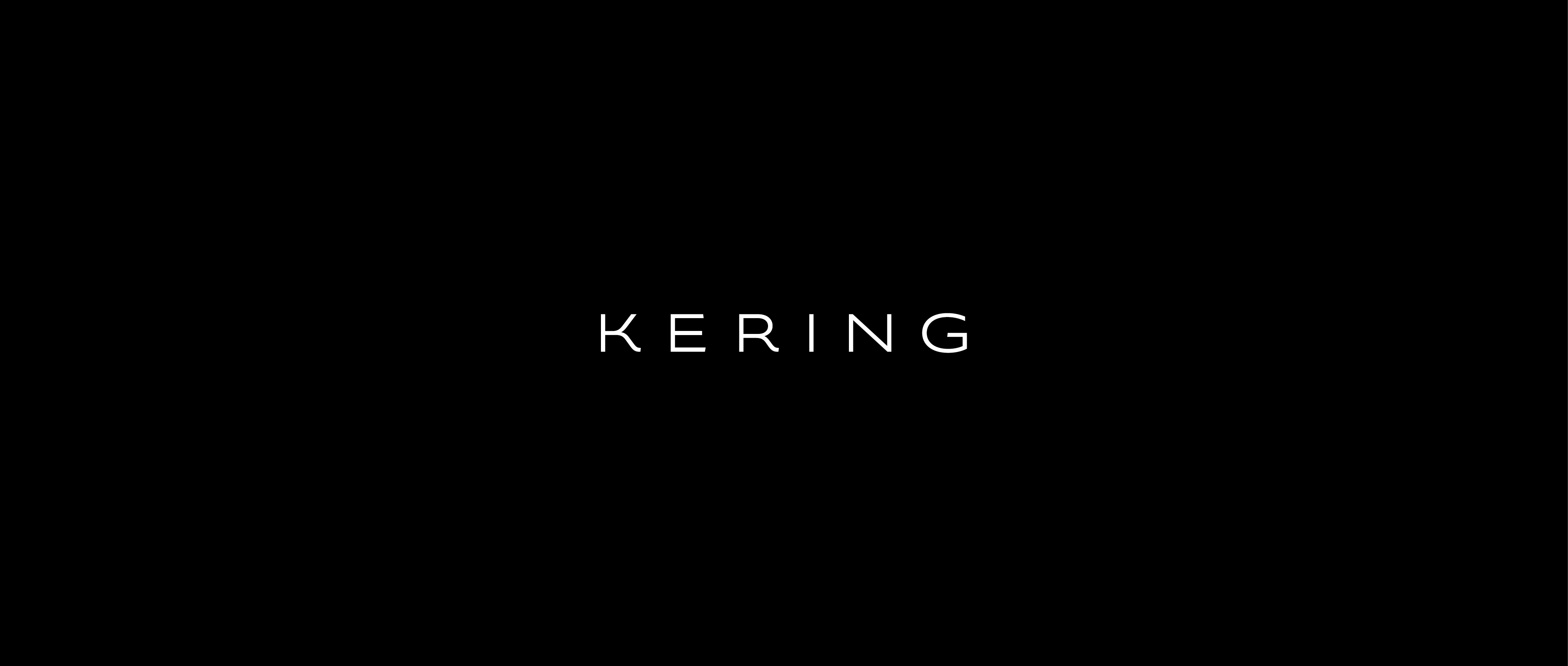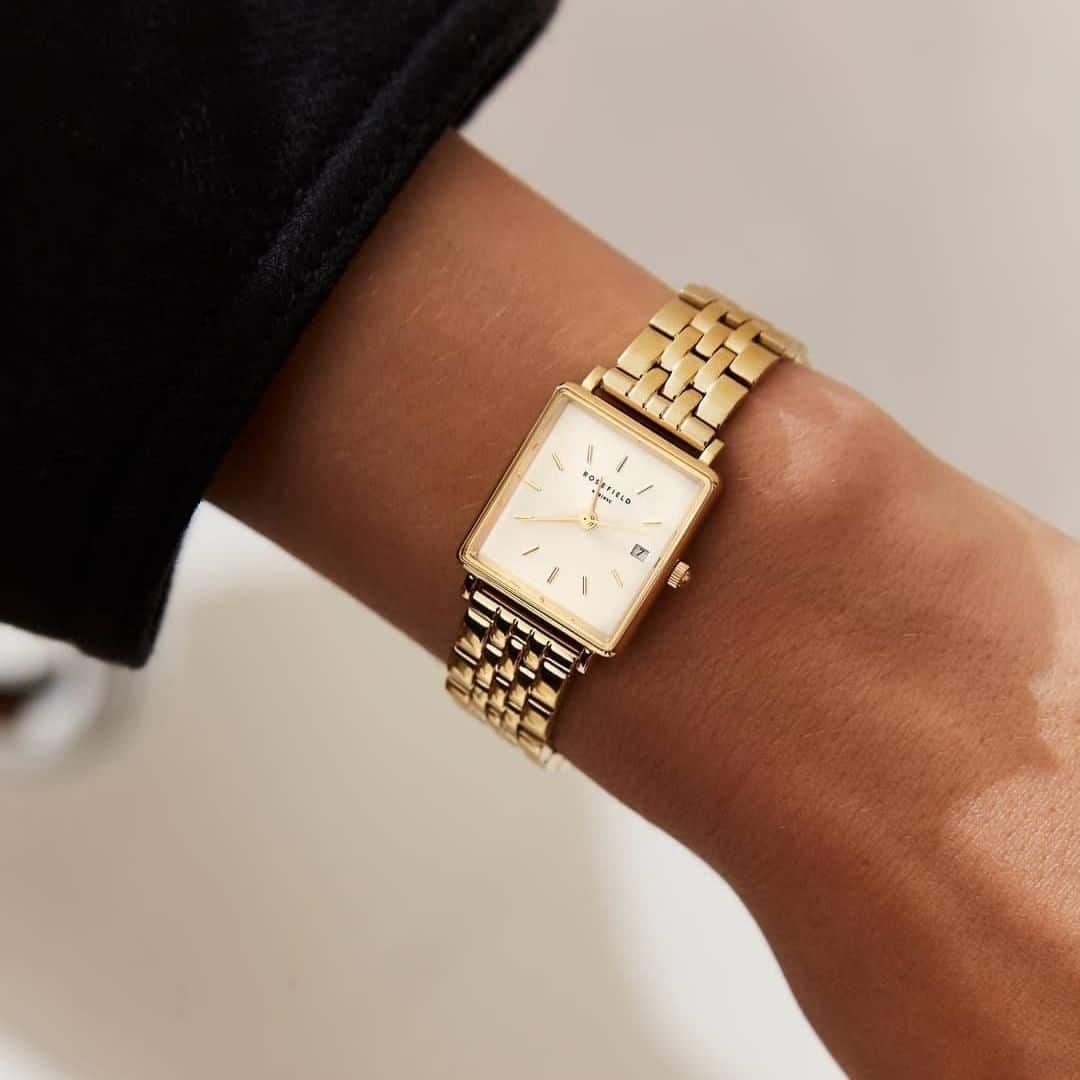[vc_row njt-role-user-roles=”administrator,armember”][vc_column][vc_column_text]
This Wednesday the luxury group Kering unveiled its annual results for 2020, results that are certainly down, but could have been worse. Buoyed by an upturn in activity in Asia and North America in the second half of the year, as well as a leap in e-commerce, the group has limited the decline in its sales.
“Trends improved in the second half of the year” due to “good momentum in Asia-Pacific and North America” and also “a very strong acceleration in e-commerce of almost 70%”. said Chief Financial Officer Jean-Marc Duplaix in a conference call.
Group revenue amounted to €13.1 billion, down 17.5% on a reported basis and 16.4% on an organic basis. The Factset and Bloomberg agencies forecast slightly higher sales, at €13.34 billion and €13.25 billion respectively. For its part, the group forecast a decline in sales and profitability.
Net profit was €2.15 billion, down 6.9% from €2.31 billion a year earlier. Facset’s analysts expected an average net profit of €1.81 billion.
Kering’s current operating profit (OIR) fell by 34.4% in 2020 to €3.14 billion, compared with €4.78 billion a year earlier. The operating margin on ordinary activities contracted to 23.9%, after reaching a record level of 30.1% in 2019. Analysts forecast a profit from recurring operations of €3.06 billion.
“In a year of upheaval, Kering has shown great resilience and remarkable agility. We are emerging strengthened from the crisis and ready to take advantage of the recovery,” said the group’s CEO, François-Henri Pinault, quoted in a statement released Wednesday.
Gucci’s difficulties in the face of the pandemic also cost Kering an unexpected drop in sales in the fourth quarter.
Gucci’s annual sales declined 21.5% year-on-year on a comparable basis to €7.44 billion. 7.44 billion. Although Gucci’s online sales increased by 70% year-on-year, its sales to retailers declined by 33.4%.
Operating profit for the main division was €2.61 billion in 2020, down 33.8% year-on-year, giving a margin of 35.1%. This margin is “extremely robust”, Jean-Marc Duplaix stressed during a conference call with journalists.
Yves Saint Laurent’s sales fell 13.8% in 2020 to €1.74 billion, while those of Bottega Veneta rose 4.8% to €1.21 billion.
The Board of Directors has decided to propose a cash dividend of €8 per share for the 2020 financial year to the General Meeting, bearing in mind that an interim dividend of €2.50 per share was already paid on 21 January.
The luxury group has not yet given any outlook for 2021, but believes that “both the strength of its operational and organisational model and its financial solidity reinforce its confidence in its growth potential in the medium and long term” and that “although the current context is still marked by many uncertainties, the crisis has not called into question the structural drivers of growth in the global luxury market, and has fully confirmed the relevance of its strategy”.
Lire aussi > PARIS STOCK EXCHANGE : KERING IS LAGGING BEHIND THE LUXURY
Photo à la Une : © Kering[/vc_column_text][/vc_column][/vc_row]










